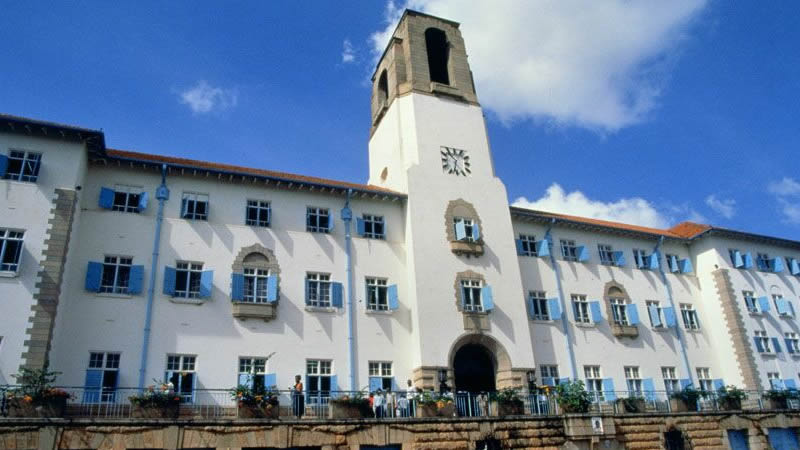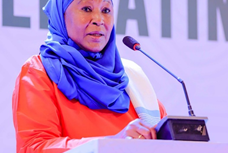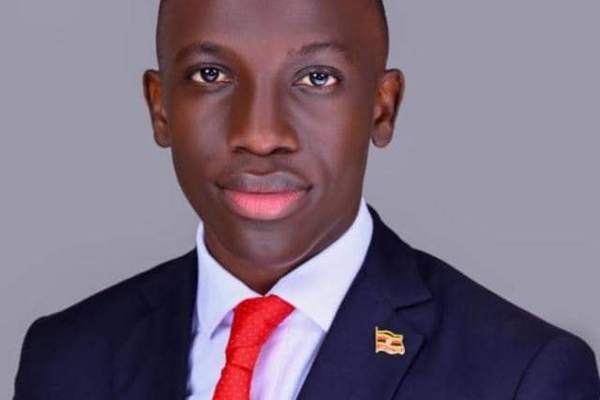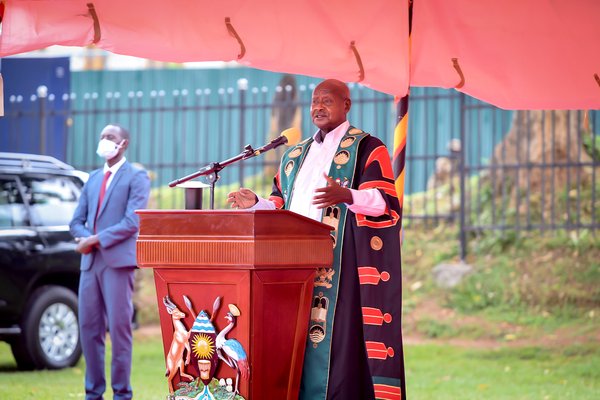By Judith Grace Amoit
In an initiative aimed at improving efficiency in healthcare delivery in Sub-Saharan Africa, Makerere University School of Public Health has embarked on a project to digitalize the payment system for campaign health workers.
Inspired by the need to accelerate the digital payments agenda in the region, the Bill and Melinda Gates Foundation, in alignment with the Global Strategy for Digital Health, awarded a grant to Makerere University. The grant, under the project titled ‘Digital Health Payment Initiative and Research in Africa Project (DHPI-R)’, seeks to generate robust evidence on the efficacy of digital payments for campaign health workers in Sub-Saharan Africa.
For years, countries in Sub-Saharan Africa have invested heavily in immunization campaigns to bolster population immunity against Vaccine-Preventable Diseases (VPDs). However, these campaigns are fraught with complexity and challenges, including limited access to immunization services, delays in compensating frontline healthcare workers, and the recent disruptions caused by the COVID-19 pandemic and the Ebola outbreak in Uganda.
Timely and complete compensation of frontline polio health campaign workers is crucial for campaign success. When payments are delayed or incomplete, worker motivation wanes, leading to difficulties in retaining skilled personnel, and ultimately undermining the success of these vital campaigns. This initiative promises to bridge existing gaps in the healthcare sector and improve the efficiency of vaccination campaign quality and delivery.
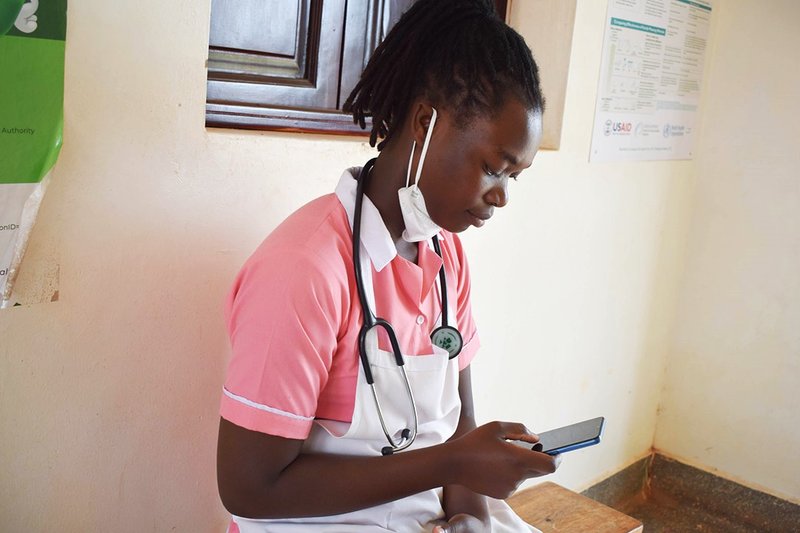
A health worker checks out a digital payment
Recent landscape study findings conducted in Uganda, Kenya, Ghana, Nigeria, Cote d'Ivoire, Senegal, the Democratic Republic of Congo, and Cameroon indicate that digitizing payments for healthcare workers presents a compelling opportunity to fortify healthcare systems in Sub-Saharan Africa. Digital payments have become the preferred mode of payment for healthcare workers due to their ability to reduce fund leakage and boost worker motivation.
Many frontline health workers lack bank accounts, making mobile money an accessible and convenient way to receive payments promptly and with minimal physical cash handling. Additionally, digital payments enhance transparency, providing a digital record of transactions that can be audited and tracked. Over time, this can reduce administrative costs and ensure that campaign health workers receive accurate and timely payments.
The success of this initiative hinges on collaborative efforts between the ministries of Health and Finance, and the telecommunication companies in various countries. Many nations have looked to successful models like Kenya's M-pesa for inspiration.
To further promote the adoption of digital payments for campaign health workers, Makerere University funded six student-led studies lasting six months each, with funding of up to $5,000 per study. These studies, conducted in Uganda and Senegal, focused on acceptability, preferences, healthworker experiences related to digital payments, and performance comparisons between digital and cash payments.
The Bill and Melinda Gates Foundation received 67 research applications, which experts rigorously reviewed, resulting in the selection of six studies, funded at $100,000 each for nine months. Three of these studies are from Anglophone countries, while the other three are from Francophone countries. They explore various aspects, including the implementation experiences of digital payments, readiness to adopt digital payment systems, financial inclusion, financial behavior, gender influences, and the impact of digital financial services on the motivation, performance, and retention of immunization health workers in Sub-Saharan Africa.
Collaboration is essential to project success, and the Digital Health Payment Initiative and Research project, in partnership with the World Health Organization's Africa Regional Office (WHO AFRO), is developing a comprehensive global research agenda focused on digital payments for campaign health workers in Sub-Saharan Africa. This collaborative effort seeks to advance knowledge through the generation of evidence on contextual factors that either facilitate or hinder the adoption and success of digital payments for campaign health workers.
The project is currently working on a supplement in collaboration with WHO AFRO, based on the project's research outputs on digital payments in sub-Saharan Africa. This supplement aims to publish eight research papers, including one editorial, all centered on digitized payments for campaign health workers, with an expected publication date in 2024.
This collaborative endeavor represents a significant milestone on the path to a more digitally empowered and efficient healthcare system in Sub-Saharan Africa. In generating evidence on digital payments for campaign health workers, Makerere University's leadership is poised to transform healthcare delivery and immunization campaigns across the region, ultimately saving lives and improving health outcomes for millions of people.
The author is the Communications Officer, DHPI-R project, Makerere University School of Public Health.
Related News
![]() Please join hands with the Makerere University Endowment Fund as it works towards attracting & retaining the best faculty, providing scholarships, and investing in cutting-edge research and technology.
Please join hands with the Makerere University Endowment Fund as it works towards attracting & retaining the best faculty, providing scholarships, and investing in cutting-edge research and technology.
